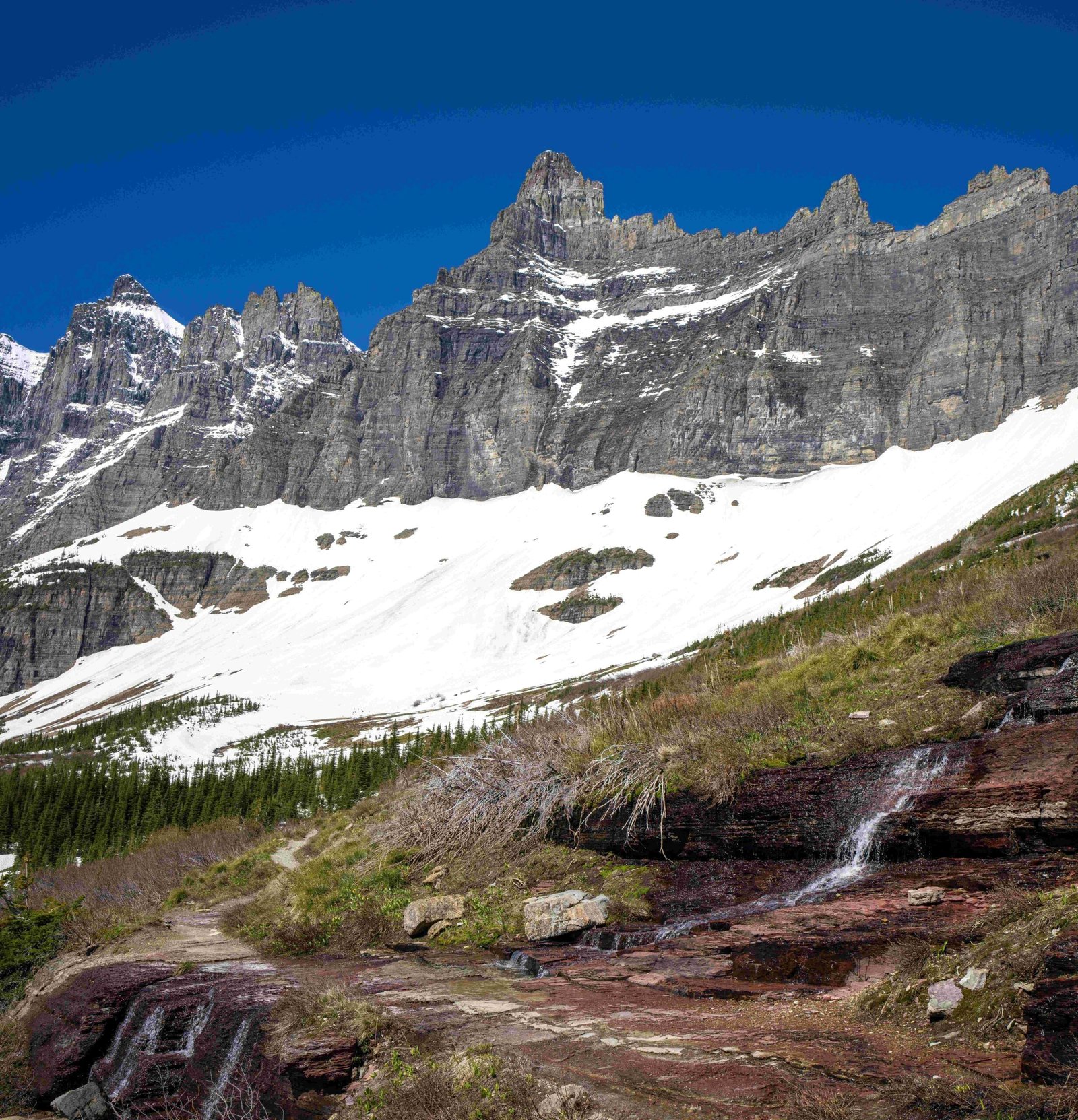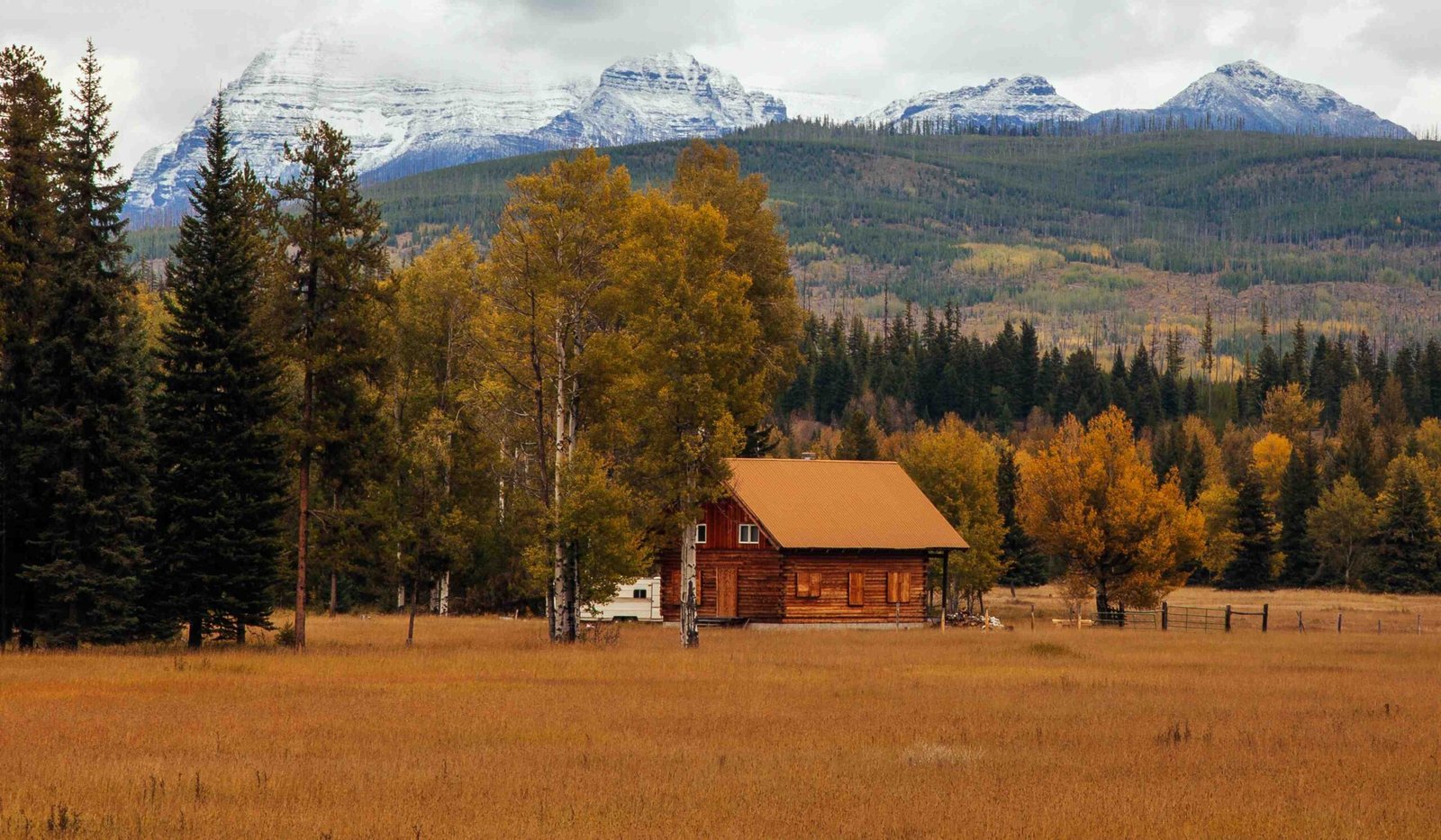Glacier National Park in Canada experiences seasonal closures and restrictions due to weather conditions and wildlife activity. Visitor facilities typically close from October to May, with frontcountry trails opening by mid-June and backcountry trails by mid to late July. Day-use areas along the Trans-Canada Highway open with spring snowmelt and close after Canadian Thanksgiving. The backcountry skiing and snowboarding season runs from mid-November to late April, with a Winter Permit System in effect during this period.
What Are the Current Closures in Glacier National Park Canada?

Glacier National Park in Canada implements several closures throughout the year to ensure visitor safety and protect the natural environment. Here’s a breakdown of the current closures:
- Visitor Facilities
- Closed: October to May
-
Reason: Snow accumulation and avalanche risk
-
Trails
- Frontcountry trails:
- Open: Mid-June
- Close: Mid-October (or first significant snowfall)
-
Backcountry trails:
- Open: Mid to late July
- Close: Mid-October (or first significant snowfall)
-
Day-Use Areas
- Open: Early to late June (depending on snowmelt)
-
Close: After Canadian Thanksgiving (early October)
-
Backcountry Skiing and Snowboarding
- Season: Mid-November to late April
- Note: Winter Permit System in effect during this period
When Do Seasonal Closures Occur in Glacier National Park Canada?

Seasonal closures in Glacier National Park Canada follow a predictable pattern based on weather conditions and wildlife activity:
- Spring Closures (April – May)
- Many areas remain closed due to lingering snow and avalanche risk
-
Gradual reopening of facilities and trails as conditions improve
-
Summer Season (June – September)
- Most facilities and trails open
-
Potential temporary closures due to wildlife activity or extreme weather events
-
Fall Closures (October)
- Day-use areas close after Canadian Thanksgiving
-
Trails begin to close with the first significant snowfall
-
Winter Closures (November – March)
- Most visitor facilities closed
- Backcountry areas open for winter activities with permit
What Permits Are Required for Winter Activities in Glacier National Park Canada?
Winter activities in Glacier National Park Canada require specific permits:
- Winter Permit System
- Duration: Mid-November to late April
-
Purpose: Manage backcountry skiing and snowboarding activities
-
Backcountry Camping Permit
-
Required for overnight stays in the backcountry during winter
-
Day Use Permit
- May be required for certain high-use areas during peak winter periods
To obtain these permits, visitors should:
– Check the Parks Canada website for current requirements
– Visit a park visitor center during operating hours
– Make reservations in advance, especially for popular areas
How Do Weather Conditions Affect Park Closures in Glacier National Park Canada?
Weather conditions play a crucial role in determining closures and access restrictions in Glacier National Park Canada:
- Snow Accumulation
- Impacts: Road closures, trail accessibility, avalanche risk
-
Areas affected: High-altitude trails, mountain passes
-
Spring Thaw
- Impacts: Muddy conditions, potential flooding, trail damage
-
Areas affected: Low-lying areas, river valleys
-
Summer Wildfires
- Impacts: Temporary closures, air quality issues
-
Areas affected: Vary based on fire location and spread
-
Early Fall Snowstorms
- Impacts: Sudden trail closures, road access restrictions
- Areas affected: High-elevation areas, exposed trails
Park managers continuously monitor weather conditions and adjust closures accordingly to ensure visitor safety.
What Alternative Activities Are Available During Closures in Glacier National Park Canada?
When certain areas of Glacier National Park Canada are closed, visitors can still enjoy a range of activities:
- Winter Activities
- Snowshoeing on designated trails
- Cross-country skiing in permitted areas
-
Ice climbing (with proper equipment and experience)
-
Indoor Experiences
- Visit the Rogers Pass Discovery Centre for exhibits and information
-
Attend ranger-led programs and presentations (when available)
-
Scenic Drives
- Trans-Canada Highway offers stunning views year-round
-
Pull-offs and viewpoints accessible even during trail closures
-
Photography
- Wildlife viewing from safe, designated areas
-
Landscape photography of snow-capped peaks and glaciers
-
Nearby Attractions
- Explore neighboring towns like Revelstoke or Golden
- Visit other national parks in the region with different closure schedules
How Can Visitors Stay Informed About Glacier National Park Canada Closures?
Staying informed about closures in Glacier National Park Canada is crucial for a safe and enjoyable visit. Here are the best ways to get up-to-date information:
- Official Parks Canada Website
- Regular updates on closures and conditions
-
Detailed trail reports and facility status
-
Visitor Information Centers
- Staff provide current information on closures and alternatives
-
Locations: Rogers Pass Discovery Centre, park entrance stations
-
Social Media Channels
- Follow Parks Canada’s official accounts for real-time updates
-
Platforms: Facebook, Twitter, Instagram
-
Local Weather Reports
- Check mountain-specific forecasts for the park area
-
Sources: Environment Canada, local weather stations
-
Mobile Apps
- Parks Canada official app provides closure notifications
-
Third-party hiking apps may offer user-generated reports
-
Phone Hotline
- Call the park’s information line for recorded updates
- Useful for those without internet access
By utilizing these resources, visitors can plan their trips effectively and adapt to any closures or restrictions in Glacier National Park Canada.